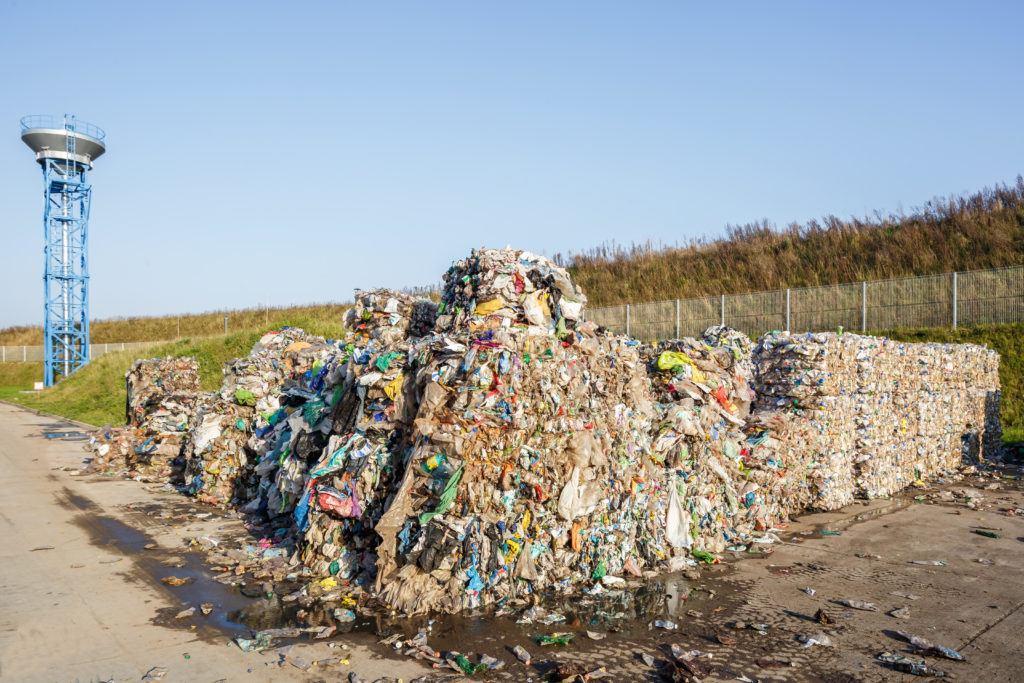KYIV
The central Ukrainian city of Zhytomyr is to use waste-to-energy technology, an increasingly popular source of energy worldwide, to provide 30 percent of its heating needs from next year, the city’s mayor announced.
Mayor Serhiy Sukhomlyn said the city planned to have a refuse processing plant with a capacity of 40,000 tonnes of RDF (refuse-derived fuel) annually in operation by March 2022.
“That amounts to replacing about 20 million cubic metres of gas,” he told a meeting of Ukraine’s Congress of Local and Regional Authorities. “We can meet 30 percent of Zhytomyr’s heating needs solely by means of this plant’s output.”
As a whole, he said, Ukraine produced 10 million tonnes of solid waste a year. And the total area of its landfills stood at 8.500 hectars.
Sukhomlyn called on the Ukrainian parliament to alter existing legislation in order to make clear the status and possible uses of RDF. Such changes, he said, would encourage the construction of similar plants in other cities. Ukraine’s European Business Association, a body founded with the support of the European Union to find solutions to a wide variety of issues in the country, has also called for legislative change to improve waste management regulation in the country.
The notion of “Waste to energy” or W2E, introducing technology to enable the production of electrical and thermal energy from processing solid waste after completion of initial sorting, has been gaining traction worldwide. The process reduces the volume of solid waste processing at special sites and also cuts the amount of energy produced by environmentally damaging coal.
Studies are now underway to use new forms of artificial intelligence to make waste-to-energy plants a more attractive option by making them more effective and less costly. One example of this is a $3.5 billion project awarded by the U.S. Department of Energy to the Energy Research Center at Lehigh University (ERC) in Bethlehem, Pennsylvania to develop advanced technology for analysing the use of municipal solid waste (MSW).

